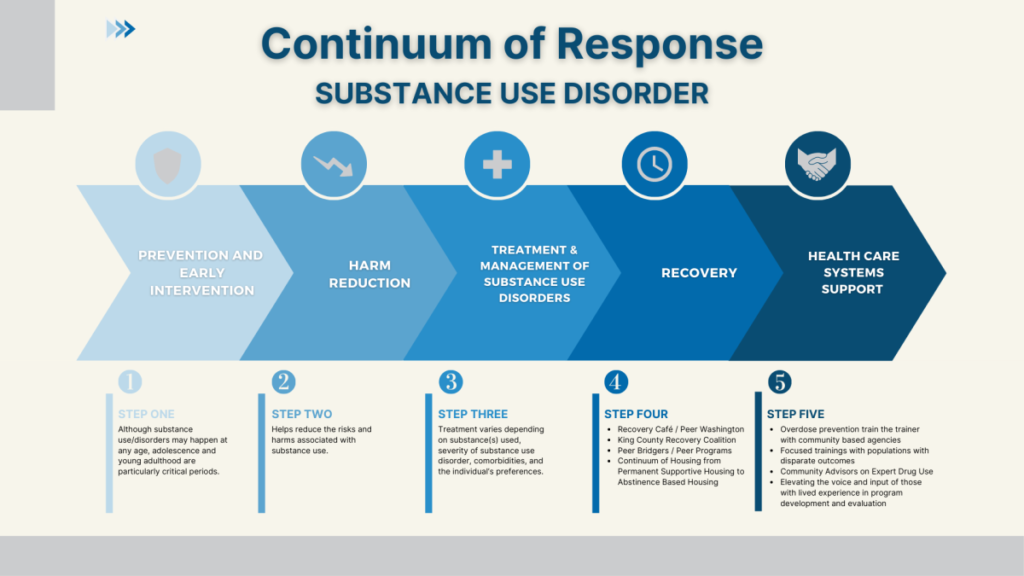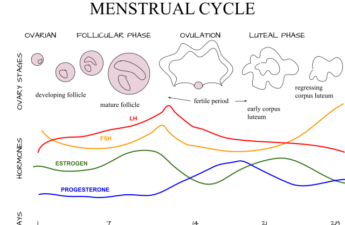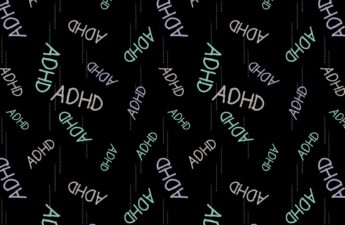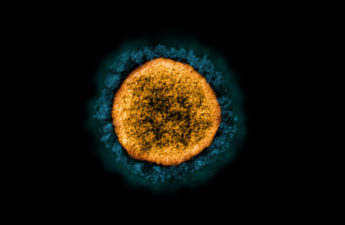PROVIDING SUPPORT AND CARE FOR PEOPLE WITH SUBSTANCE USE DISORDER: TREATMENT ACCESS IN KING COUNTY

Guest Blogger for Public Health-Seattle & King County
Republished from Cultivating Connections, the blog of the King County Department of Community & Human Services
In recent years, the pandemic has had a profound effect on mental health and substance use, with increasing numbers of people experiencing anxiety, depression, and loneliness. In 2021, there were over 106,600 deaths due to drug overdose in the U.S.—the highest on record. This reality is felt across the country, including here in King County, where we’ve seen a rise in substance use and overdose deaths. In the face of these tragic impacts, it is important to know where to get help and how to support someone in your community.
King County Department of Community and Human Services (DCHS) is acting in partnership with Public Health — Seattle & King County to bring more treatment and resources to communities around the county. This starts with prevention and early intervention by reaching youth and adolescents early on with information and trusted supports, and carries through in approaches that use harm reduction techniques, ongoing treatment depending on severity, comorbidities, and people’s preferences. Treatment can lead to recovery and continued support through a variety of systems. This blog focuses on treatment.
Treatment: What’s available and how to access it
- The Washington Recovery Help Line offers free, caring, confidential help for substance use (as well as problem gambling and mental health services), 24 hours a day, 7 days a week. 1-866-789-1511. People can find a local treatment provider that specializes in substance use disorder by using the Washington Recovery Help Line Medications for Opioid Use Disorder Locator.
- If you or a loved one are interested in substance use disorder services, call the King County Behavioral Health and Recovery Division (BHRD) client services line at 206-263-8997. You can find out if you qualify for BHRD’s behavioral health services by calling the client services line.
- Crisis supports: For anyone experiencing a substance use or behavioral health crisis, call the King County Crisis Connections line at 206-461-3222 or CrisisConnections.org. Crisis Connections is available 24/7, 365 to help link to available and appropriate resources.
Medications for opioid use disorder
DCHS, Public Health, and many community providers are working to increase access to life-saving medications such as methadone, buprenorphine, and naltrexone. These medications can reduce the risk of overdose and reduce the recurrence of opioid use by stabilizing withdrawal symptoms and cravings. This helps people engage with services and activities that support their recovery.
The number of people accessing medications is growing in King County. From 2017 to 2019, the number of people accessing buprenorphine and naltrexone more than doubled. Last year, among people in King County with Medicaid or who are low-income, 10,000 people received either buprenorphine or naltrexone.
To reach more individuals with opioid use disorder, King County is deploying three specific strategies to make MOUD more accessible when and where people need it:
- Walk-in, low barrier access: For several years now, King County and community providers have offered walk-in, low barrier access to medications used to treat opioid use disorder. Individuals can typically receive their medication within 24 hours. With funding from MIDD, we are able to support this work in a variety of settings.
Across King County, there are 12 locations where people have walk-in access to start buprenorphine medication in a variety of health centers, clinics, and hospitals near them. There are additional low-barrier programs across King County, including Public Health’s Pathways program. Access to treatment is compassionate, evidence-based, individualized, and prioritizes relationship between providers and patients. The Washington Recovery Help Line hosts the list of providers, their locations and hours, also available in Spanish.
There are also seven locations where people have access to methadone medication, as well as two publicly funded mobile methadone treatment vans where people can access services, community resource referrals, and wrap-around supports, staffed by a dispensary nurse, technician, and staff. Evergreen Treatment Services’ Treatment in Motion is a mobile clinic that makes it possible for patients in Seattle neighborhoods to get doses of methadone without traveling to one of the clinic locations. The We Care Daily Clinics mobile van, while not part of King County’s integrated care network, is another resource we want to share for community awareness. Learn more about the Mobile Clinic here.
- Next-day appointments: Next day appointments for mental health are offered through four providers in five locations in King County: Harborview, Navos, Sound, and Valley Cities. This year, next day appointments expanded to include substance use through five providers: Harborview, Friends of Youth, YMCA, New Traditions and Sound. These appointments, funded by MIDD, offer medication management in addition to crisis intervention and stabilization, counseling and psychiatric evaluation, and help connect people to ongoing behavioral health care. People can access appointments through the Recovery Help Line.
- Mobile teams: King County invests in crisis engagement and harm reduction teams, including:
- Emergency Services Patrol provides safe transport to safe places and service locations such as the sobering center.
- Recovery Navigator Program. This peer-based team, new in 2022, provides rapid response to referred clients who interact with police because of unmet behavioral health needs. Navigators help guide participants to support services such as securing basic needs, housing, detox, other substance use disorder and mental health treatment, and employment assistance.
- Healthcare for the Homeless mobile team which makes referrals for care and treatment to low-barrier treatment clinics.
- Jail Health Services also coordinates the continuation of care for people who have started on buprenorphine in the jail.
Meeting people where they are
King County provides several other supports to improve the health of people with substance use disorder, known as harm reduction services. DCHS outreach teams at City Hall Park, Sound Transit, and King County Metro take a harm reduction approach and provide lifesaving connection with people that helps them stabilize in the moment or provides connections to treatment when people are ready.
Public Health and community partners provide services that can reduce the negative effects of drug use. These programs provide overdose prevention information and tools, including distribution of naloxone and fentanyl test strips. The programs for drug-user health include critical connections to medical care, including wound care, and direct connections to treatment options. Importantly, the programs provide critical connections through social work support to other services in our region, including housing supports.
For more information, this May 2023 presentation by King County staff to the King County Council provides an overview of trends, resources, and responses to address substance use disorder.
Originally published June 7, 2023.


